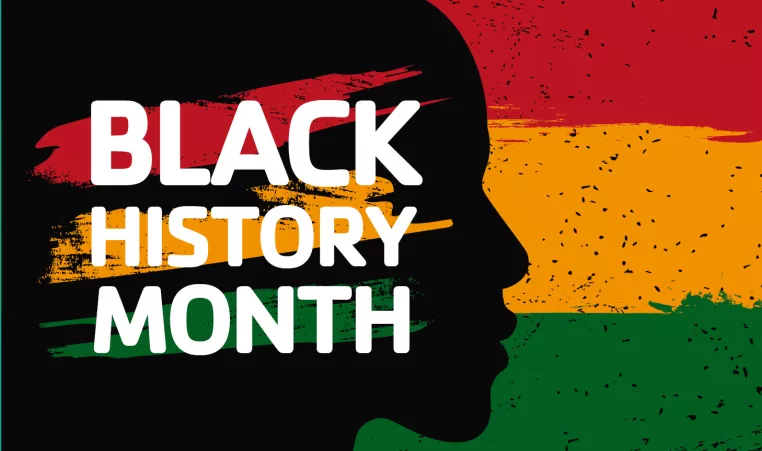
The Y has a Long History of Serving the Community…Every Community.
Many people ask why February is Black History Month. Short answer, February hosts the birthdays of two prominent figures in black history: Abraham Lincoln (Emancipation Proclamation author) and Frederick Douglas (abolitionist and author). But we celebrate and honor not just their contributions to black lives and culture, but to black lives and culture in its entirety. Many have contributed to the advancement and equality of blacks through history, and the Y is no exception.
George Williams founded the YMCA in 1844. Nine short years later, in 1853, Anthony Bowen, a freed slave, founded the first African American YMCA, located in Washington D.C.. By 1910, 25 African American YMCAs were built in 23 cities across the country, providing clean and safe housing and meals to African American travelers in the time of segregation. Notable activists, including Malcom X and Dr. Martin Luther King Jr., stayed at YMCA residences during the course of their tireless efforts to gain equal rights. In 1967, the Black Achievers program was launched by the South Central YMCA in Houston (later adapted by the Harlem, New York branch into the program it is today), effectively motivating African American teens to strive for academic and career success. Also in 1967, racial discrimination was banned at all YMCAs. Forty-eight years later, in 2015, Kevin Washington assumed the role of the 14th President & CEO of YMCA of the USA, the first African American to hold the position.
Closer to home, here in Omaha, the Near Northside Branch YMCA opened in 1946, providing recreation and a place to gather for black servicemen at Offutt Air Force Base, open to nearby black neighbors as well. John R. Butler was a driving force in this endeavor, and was later recognizes for his efforts when the Butler-Gast YMCA in North Omaha was partly named for him in 1995.
Sam Cornelius ran the Near Northside Branch, with a primary focus to not just deliver recreation, but tackle important issues such as poverty, establishing programs and aid to residents. After a summer of race riots in Omaha 1966, Cornelius facilitated meetings and agreements with local law officials to establish “a better understanding between youth and police.” Cornelius went on to lunch a summer youth program where local African American youth could learn and recreate, alongside six Omaha police officers who contributed to the effort. Cornelius also contributed greatly to the effort to officially ban segregation at all Y’s across the country. Today, the YMCA of Greater Omaha strives to uphold the values and examples that these leaders before us have set, continuing to provide invaluable services, programs, recreation and amenities to the community, to ALL communities, regardless of race, and regardless of means.
February is Black History Month. A recognition, a reflection, and perhaps even a respite. But most certainly a reminder of a difficult and tumultuous past that should give us pause, open our eyes, and motivate us work tirelessly toward brighter days ahead.